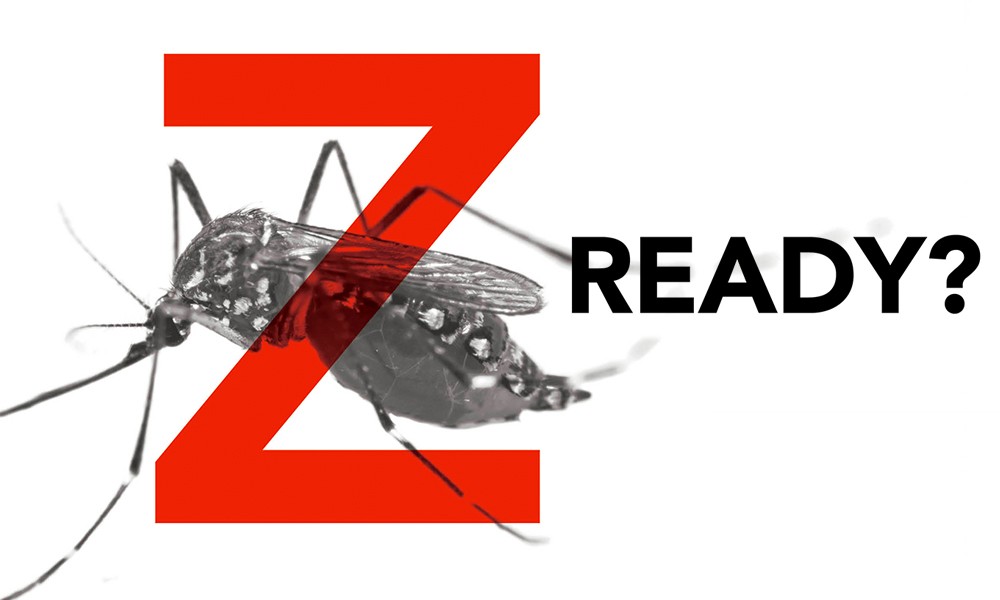Two weeks ago, a desperate plea from a small Central Florida government was entered into the Congressional Record.
"Current staffing levels are not sufficient to meet this emergency," read the letter from Osceola County Manager Donald Fisher to the state Health Department. "County resources are exhausted, and funds are not readily available to respond to this disaster. Lives are at stake."
Osceola County needs close to a million dollars to fight what the World Health Organization called a "global public health emergency" – the Zika virus. U.S. Sen. Bill Nelson, D-Florida, read parts of Osceola County's letter on the Senate floor as he tried to convince his colleagues to vote on a bipartisan proposal co-sponsored by himself and U.S. Sen. Marco Rubio, R-Florida, with the backing of the Obama administration, to secure $1.9 billion in funding to contain and eradicate the virus. Funds are needed both to contain the spread of the striped-legged Aedes aegypti mosquito and to test and treat citizens.
The mosquito-borne virus causes relatively mild symptoms (including fever, headache, red eyes, skin rash and joint pain) that only develop in 20 percent of those infected. The virus, which can be sexually transmitted, has also been linked to Guillain-Barré syndrome, a severe neurological disorder that causes temporary paralysis. But perhaps the most devastating effects of the Zika virus are for infected pregnant women. The virus reportedly causes fetal birth defects such as microcephaly, a condition in which a baby is born with a smaller-than-average head and can suffer associated brain development deficits, and in dire cases, death.
The Senate ultimately did not approve Nelson and Rubio's proposal, instead counter-proposing a $1.1 billion package. After much wrangling, the Republican-controlled House of Representatives agreed to a $622.1 million package, combining $352.1 million from an Ebola fund with $270 million from a Department of Health and Human Services administrative fund and arguing the $589 million in Ebola funds the White House repurposed for Zika would carry the country through September.
"Even though the problem has been steadily getting worse, Congress has refused to treat it with the urgency that I believe it deserves," Rubio said last week to USA Today. "So I urge the American people to make next week a tough one on those who are home from Congress, who have refused to take meaningful action to confront Zika. They need to hear from you."
Both chambers still need to agree on a proposal, but in the meantime, Florida is now on the front line of the battle against the virus.
In the three months since Gov. Rick Scott declared a health emergency in counties that had the virus, Florida has developed a Zika hotline and Scott himself traveled to the Capitol to push for federal emergency funds, telling Congress to prepare for Zika with the same urgency you would prepare for a hurricane. As of May 26, Florida has 122 cases of people who caught the virus abroad, which doesn't include the 36 pregnant women with Zika that the state Health Department is monitoring.


